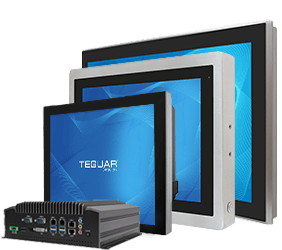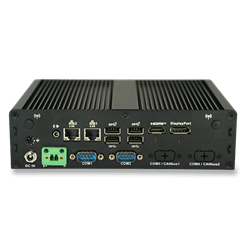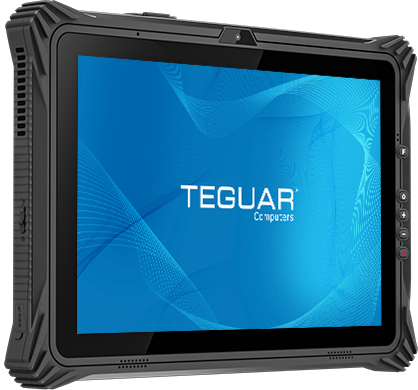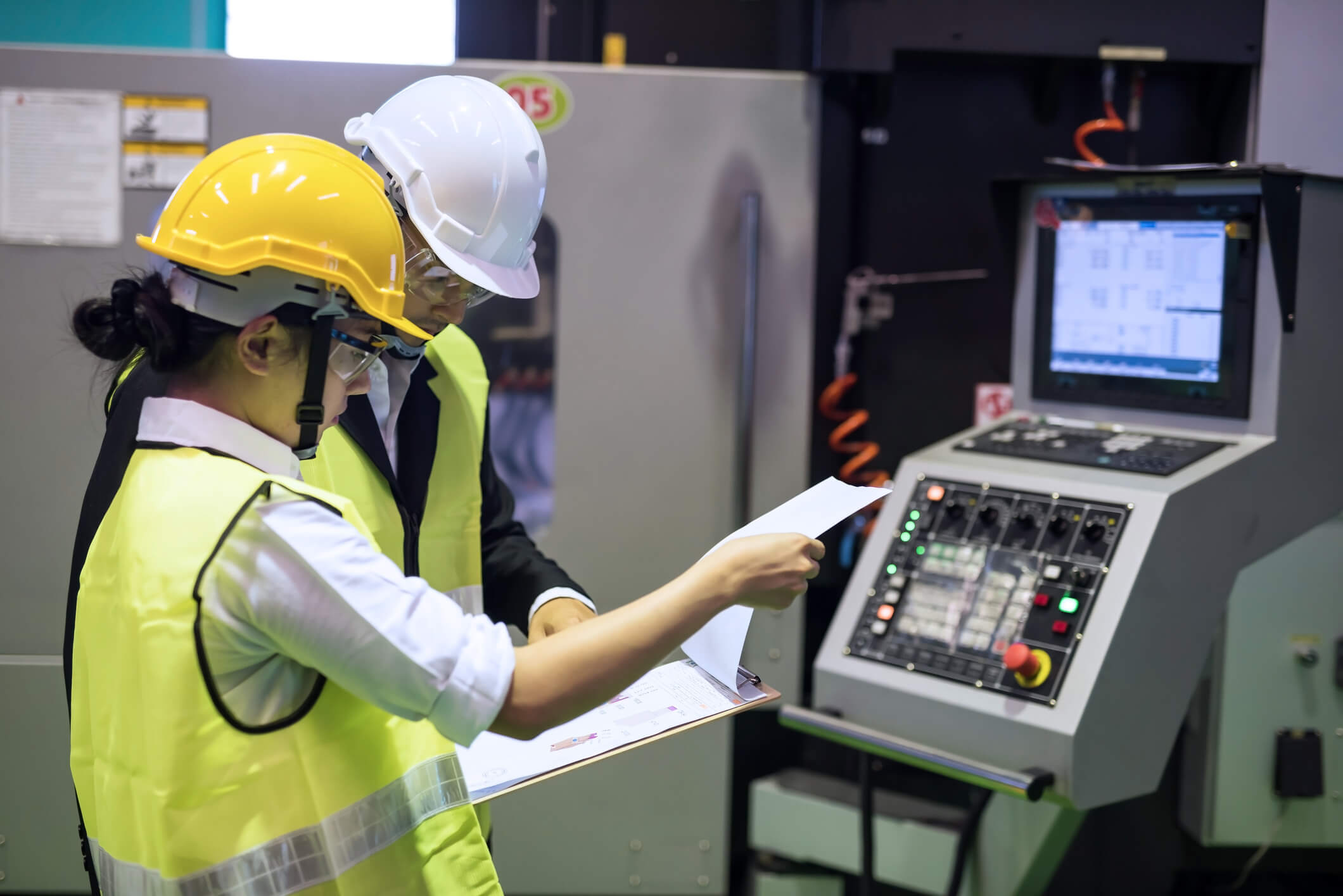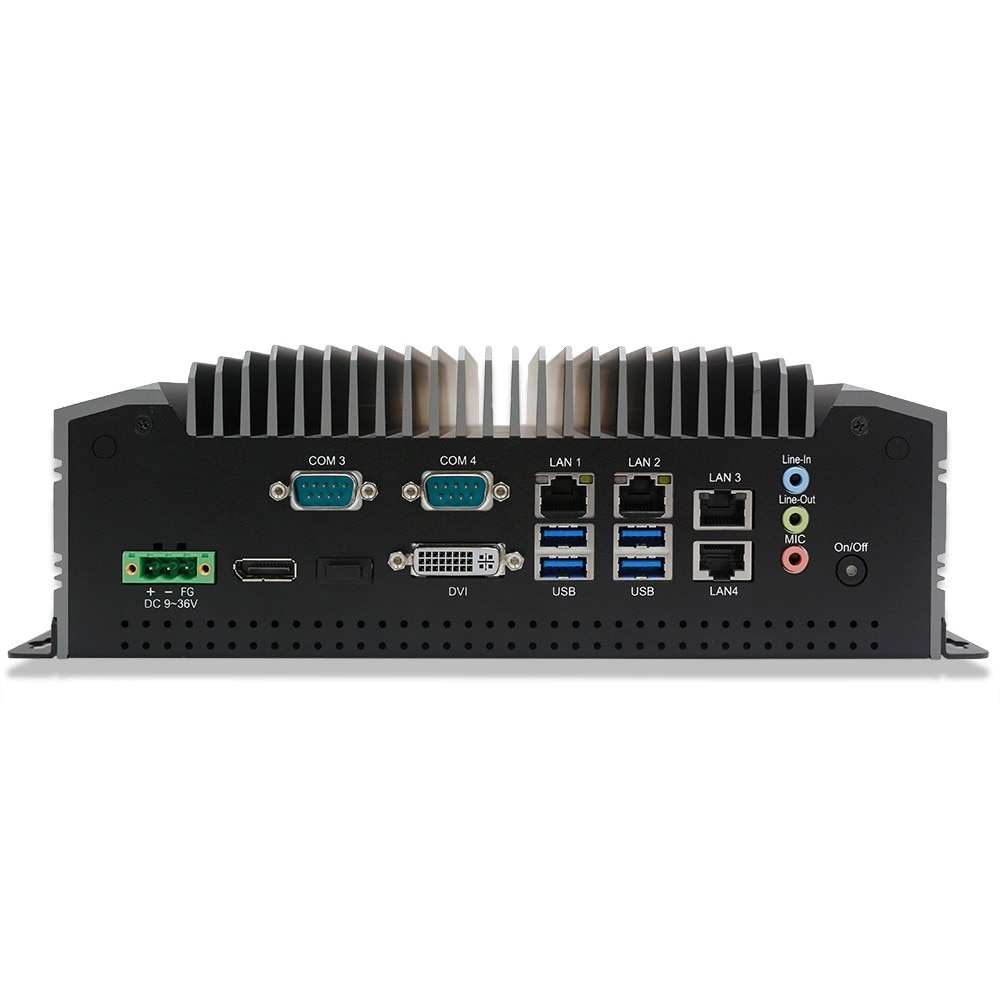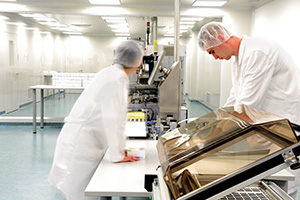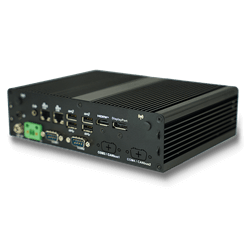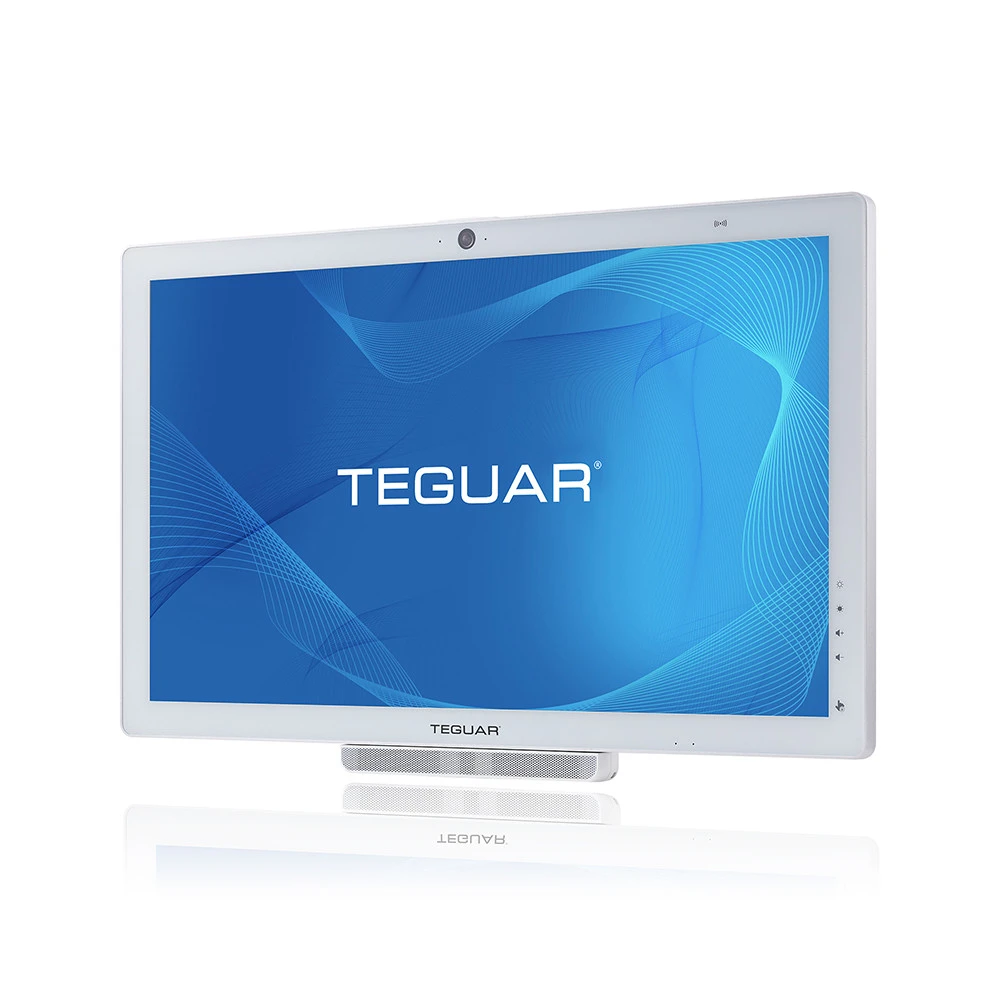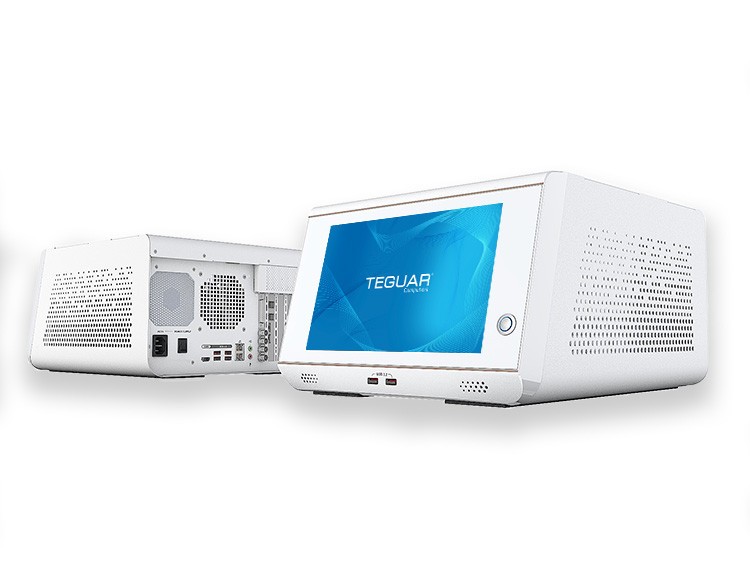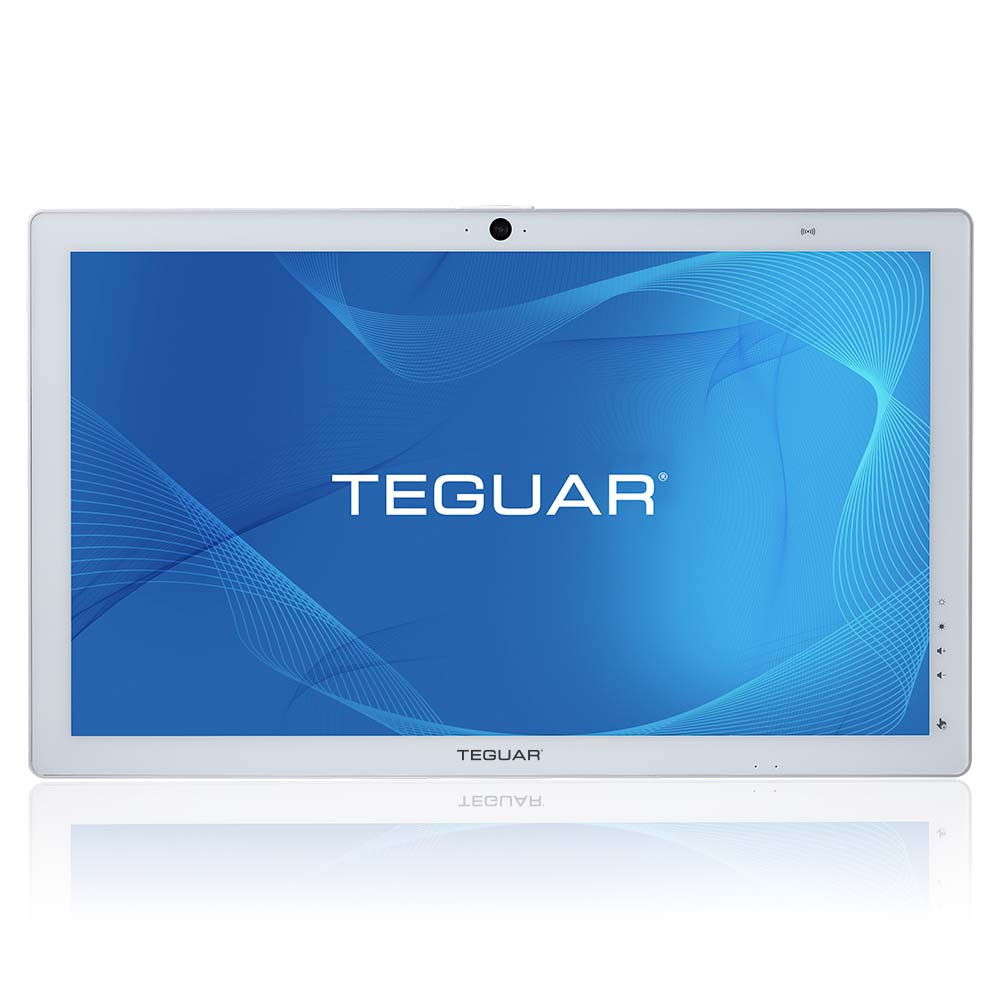What is a water-resistant computer?
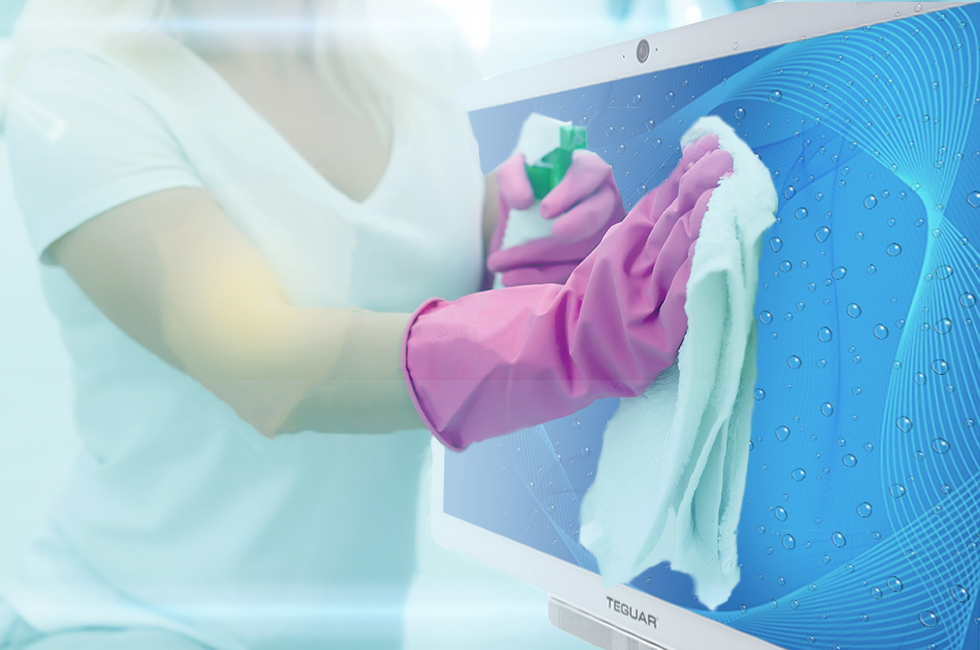
This article is part 1 of a three-part series on waterproof computers that address common questions around Teguar water-resistant and waterproof computers.
- What is a water-resistant computer?
- How do waterproof touchscreen monitors work?
- What is a washdown computer?
What is the difference between water-resistant and waterproof?
The waterproof and water-resistant terms are sometimes used interchangeably. This can cause confusion and gives marketers leeway when advertising device features. Both terms are non-technical (with the exception of the ISO 22810 for watches) and both have to do with resistance to water. To add to the confusion, the reality is that there are no truly waterproof computers, phones, or watches. According to common scientific knowledge, a 100% waterproof electronic device does not exist. The reasons will be addressed further in the next blog of this series “How do waterproof touchscreen monitors work.”
Water-resistant is the technically correct term where “waterproof” is used. Water resistance is defined as the ability to resist some water, but not all water. Whereas the term “waterproof” is typically thought of as an ability to resist water when fully submerged. Although, that term leaves the reader to guess the duration, depth, and composition of water that a device can withstand.
In the industrial computer and consumer electronics world (apart from watches), any device that is rated IP65 is typically considered water-resistant. And, any device that is rated IP66 or IP67 is typically considered waterproof. Sometimes industrial or medical computers are only front-rated IP65. This means that the front surface can be exposed to water spray or approved cleaner and remain unaffected in its functionality.
At Teguar, water-resistant computers are usually chosen for the below use case scenarios.
Cleaning Screens and Public Kiosks
A water-resistant computer will need to be sprayed with an approved cleaner and regularly wiped down. It is common for medical computers to have an IP65 rating as they need to be frequently sanitized. Another common scenario is a kiosk computer in an airport or other public place where the front of the computer could be spilled on, spit on, or sprayed on for cleaning.
Outdoors in Mild Weather
A water-resistant computer will be placed outdoors with the front side of it exposed to rain, sleet, or snow. If you have ever visited a major theme park, you have probably seen many of these water-resistant computers placed at key junctures. These computers may also be in areas where it may snow, but if temperatures are frequently below zero, they may need the addition of an internal heating component to protect from frost/small ice particle buildup.
IP Rating:
IP65 Computers: protection against low pressure water jets spraying from any direction (water-resistant)
IP66 Computers: protection against powerful water jets spraying from any direction or temporary flooding
IP67 Computers: protection against immersion in water up to 1 meter for 30 minutes
IP69K Computers: protection against close range, high temperature and high pressure water jets
In summary, a water-resistant computer is a computer that has either a front or full IP65 rating. These computers are commonly used in kiosks, wipe-down, mild weather, and high-humidity situations. If you think there is any chance your computer will be sprayed on, spit on, or spilled on, it is a good idea to consider a water-resistant computer.
Previous Article
Teguar Announces New Industrial All-In-One PC Series For Greater Performance in Tough Environments

